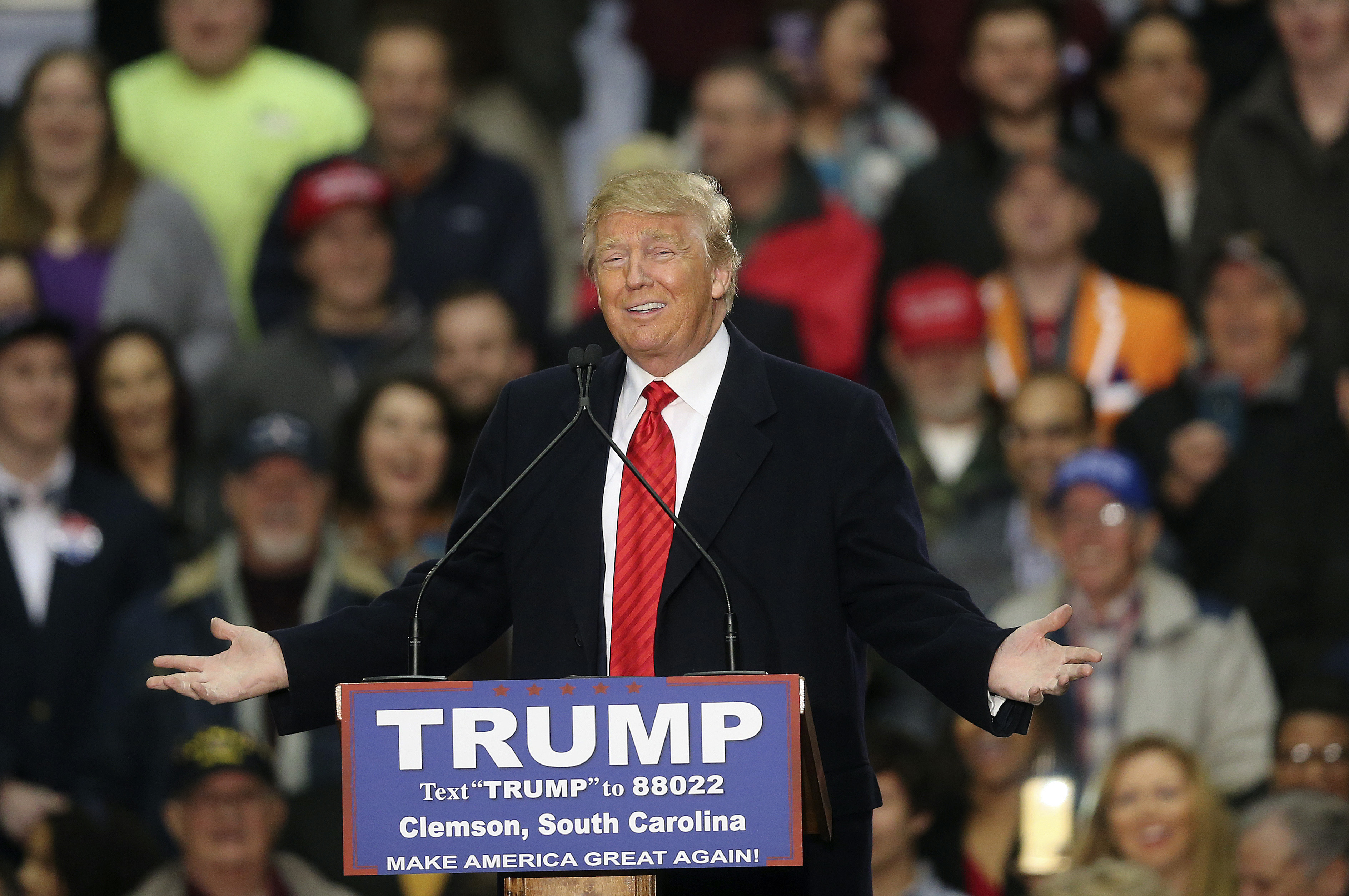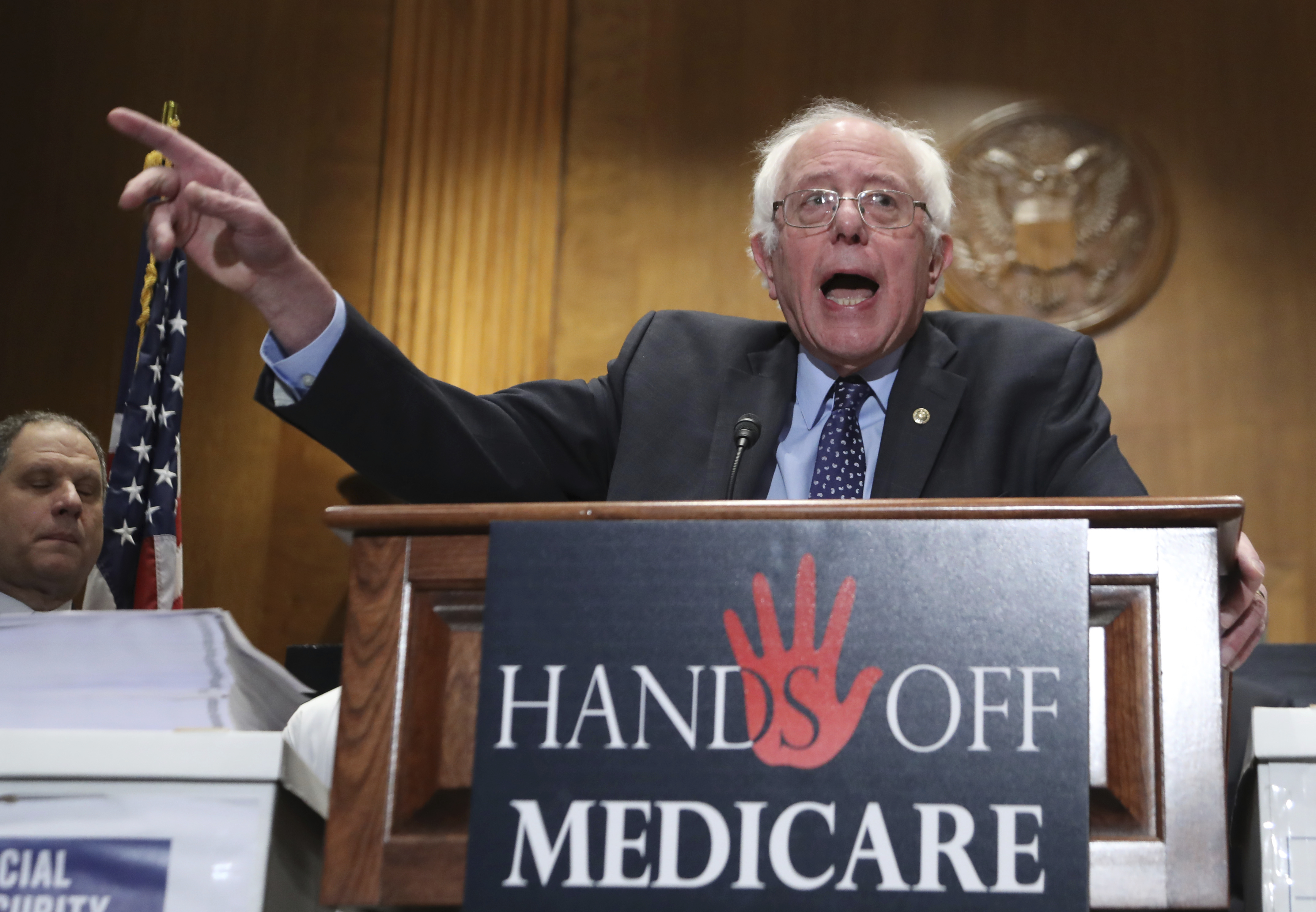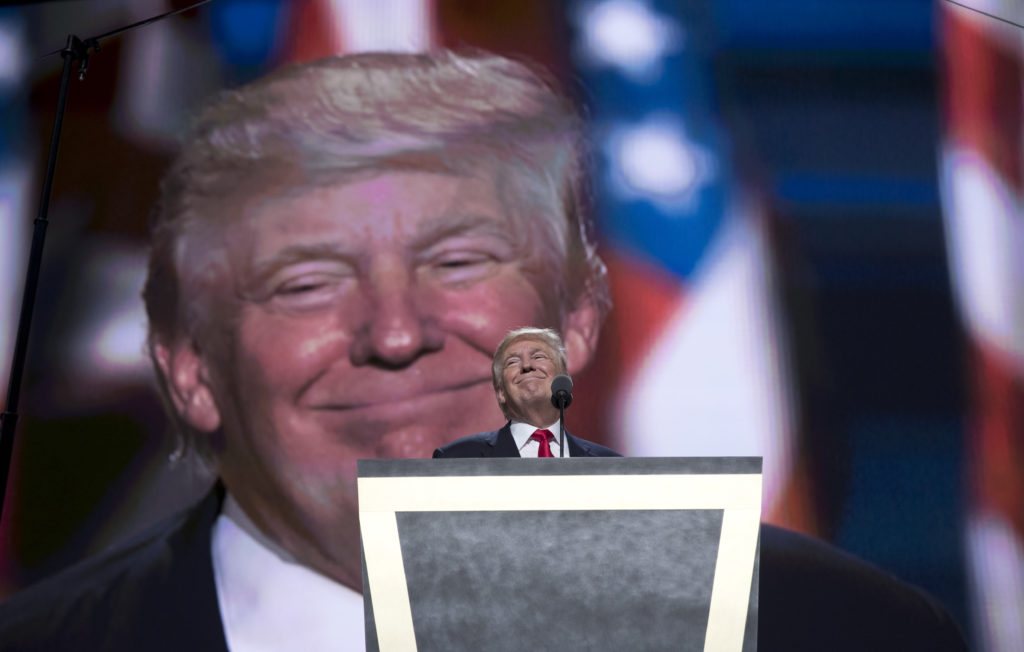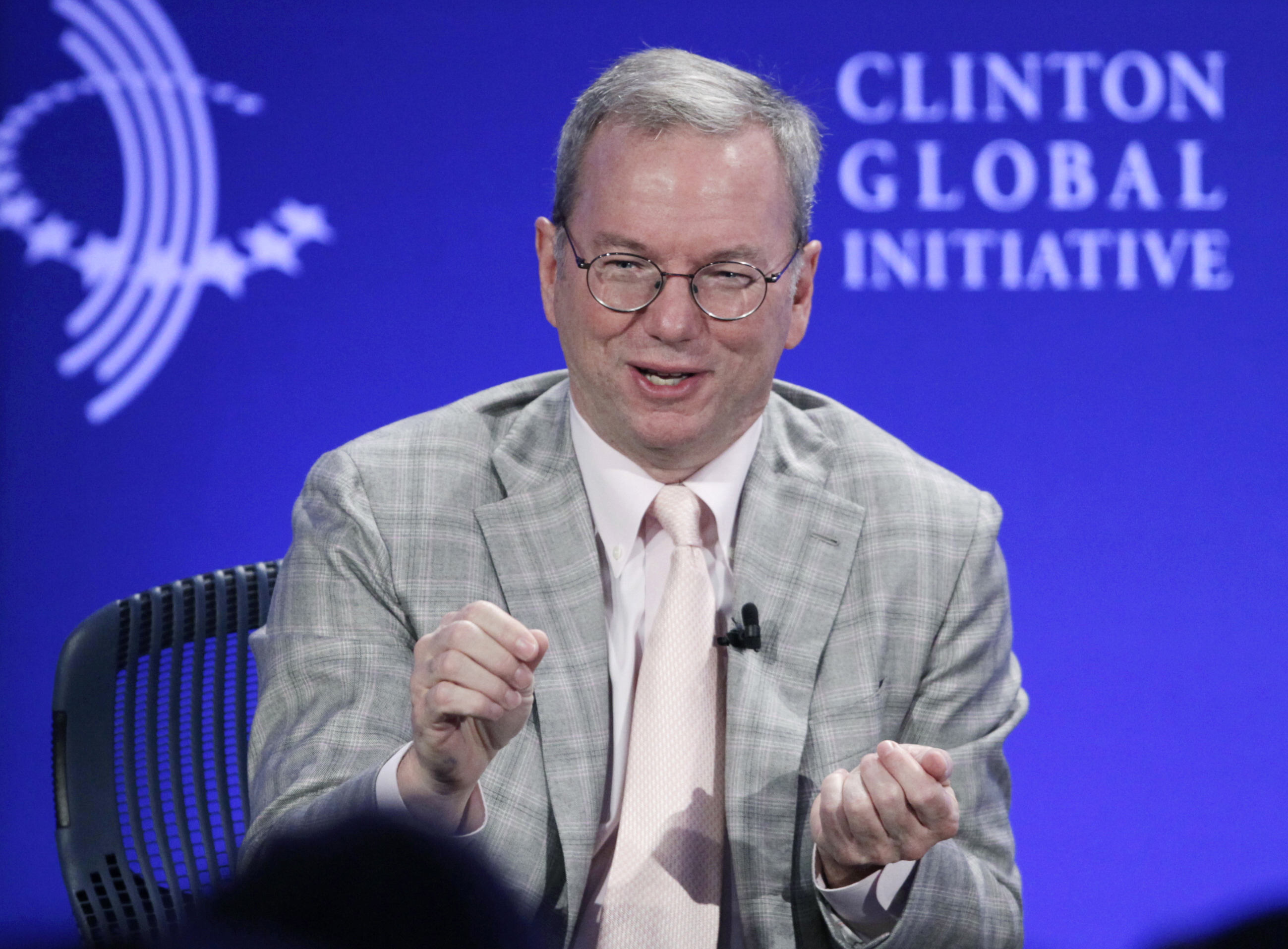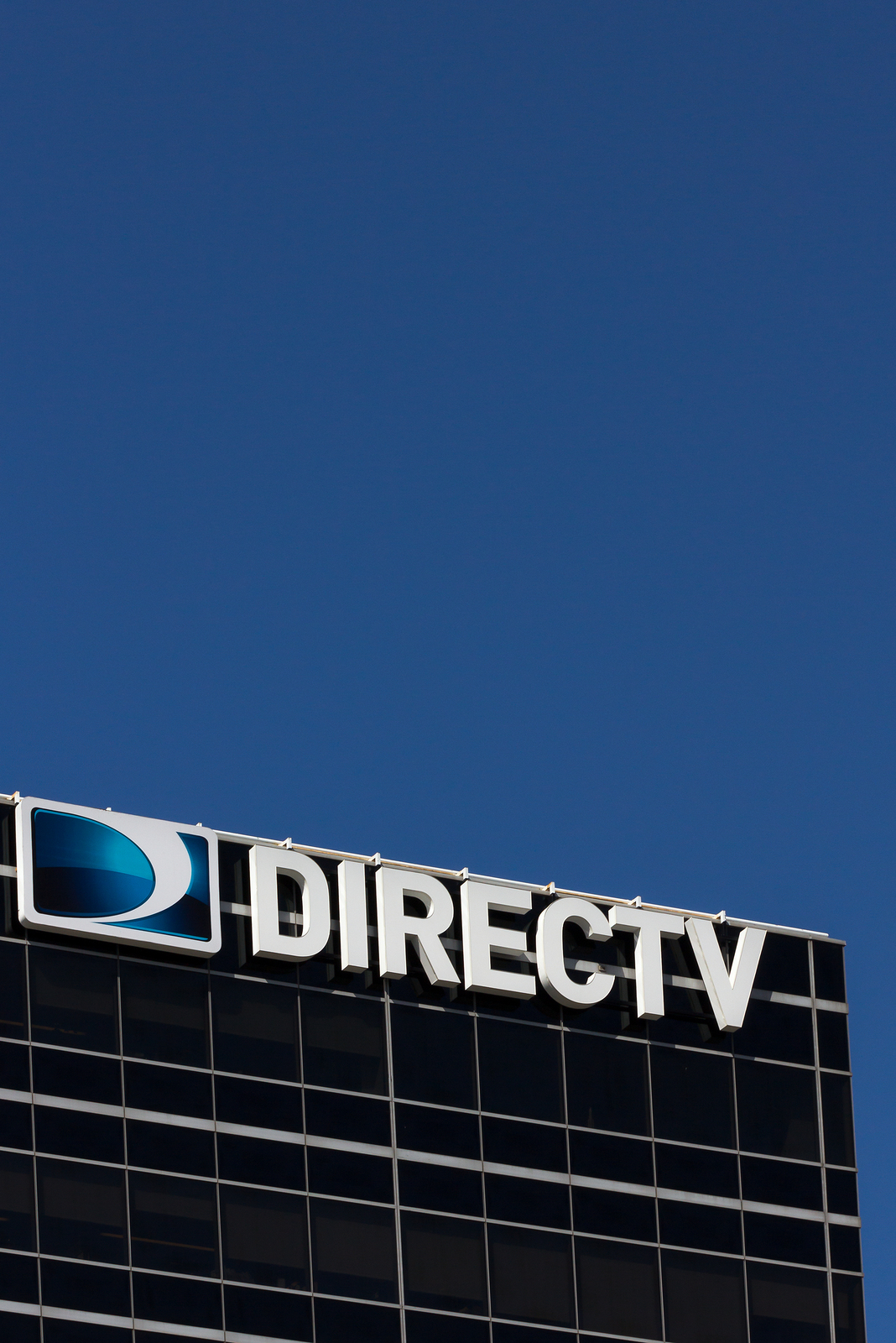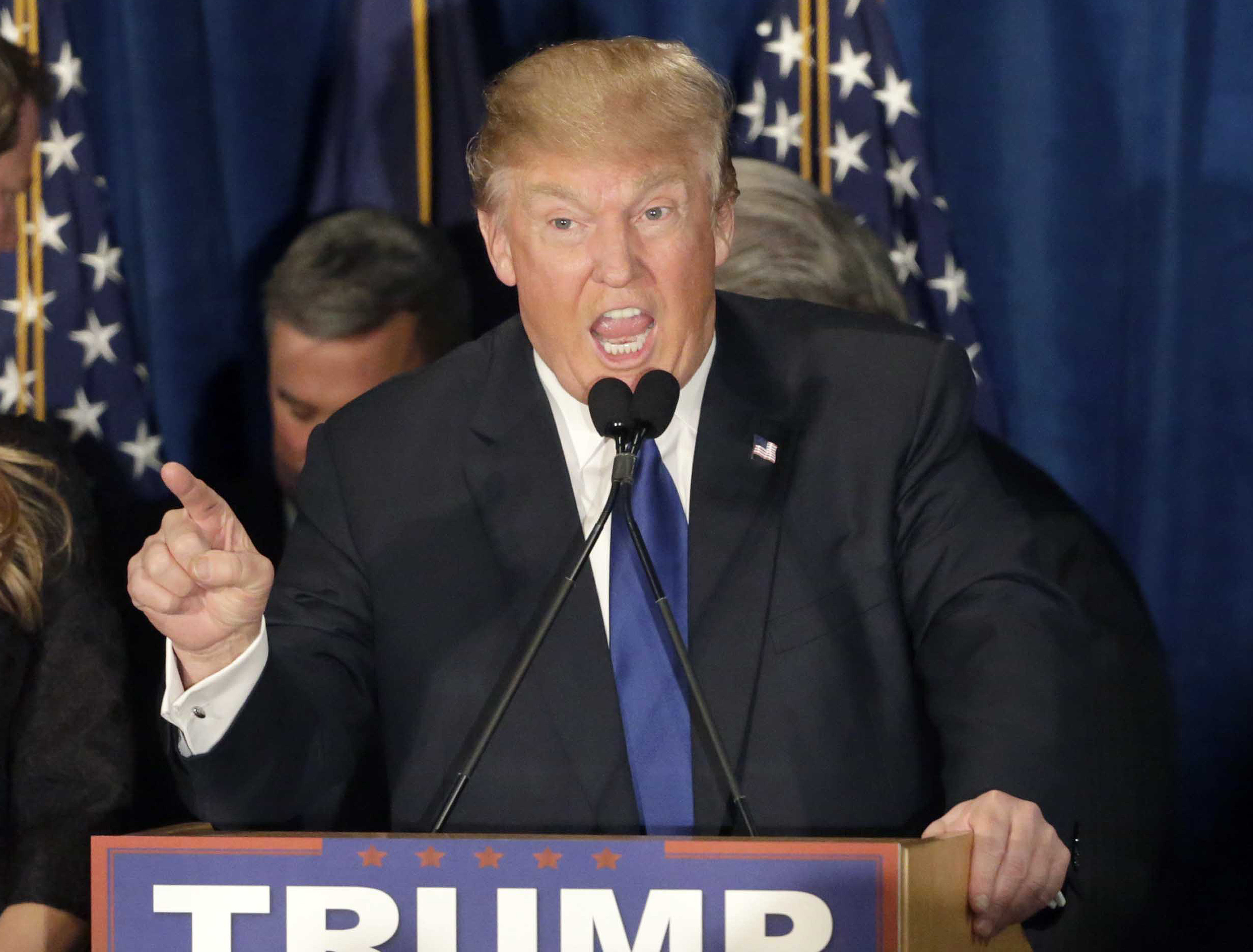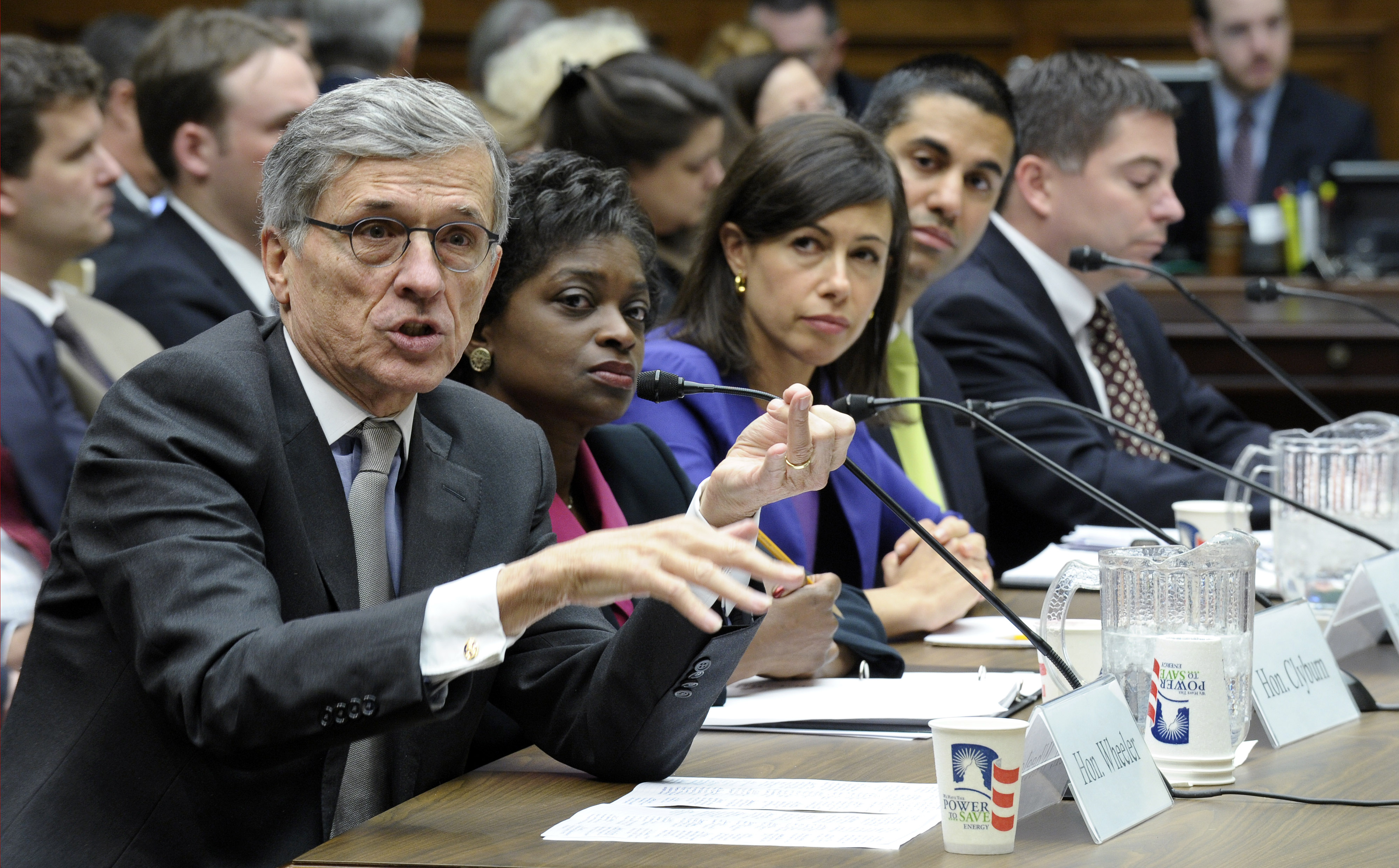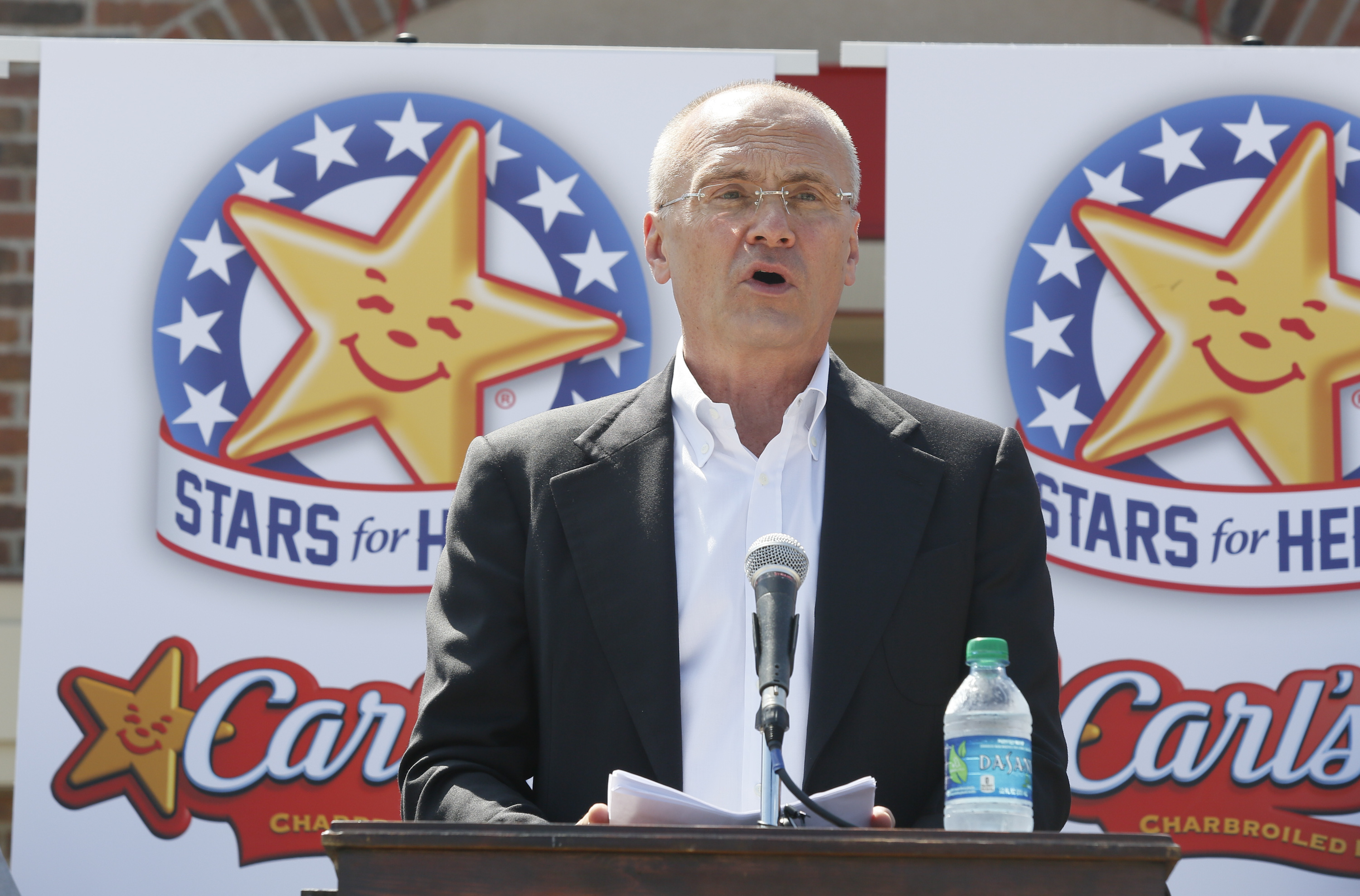
Donald Trump will soon be sworn in as president and his Thursday pick for labor secretary signals a radical shift from the current administration.
CKE Restaurants chief executive Andy Puzder has a long career in law and business. He has overseen several popular franchise restaurants and has been a vocal opponent of current labor policies. He has been particularly critical of the Department of Labor (DOL) and National Labor Relations Board (NLRB).
Trump has nominated him to become his secretary of labor. Ironically, he might soon oversee the very Labor Department he has been so critical of. Here are eight facts you should know about the man who might soon influence how Americans work.
His Start Practicing Law
Puzder is best known as being the president of a fast-food company, but his start came in the world of law. He received a law degree in 1978 from Washington University in St. Louis, Missouri. Puzder then worked as a commercial trial lawyer in St. Louis until 1991.
Hardee’s, Carl’s Jr. and Beyond
Puzder entered the fast-food world because of his career in law. Carl’s Jr. founder Carl Karcher requested his legal help prompting him to move to California in 1991. Karcher at the time was embroiled in serious financial difficulties.
Puzder helped resolve the issues in a way that allowed Karcher to retain a significant ownership interest in the parent company CKE Restaurants. Fidelity National Financial Chairman William P. Foley acquired part of the company as part of the resolution.
Puzder became the executive vice president and general counsel for Fidelity in 1995. He then went on to also become the executive vice president and general counsel for CKE. He oversaw the purchase of Hardee’s Food Systems in 1997 while serving as the executive vice president.
Puzder was named president of CKE by the company board of directors in 2000. He has held the position ever since.
Impact on Abortion Rights
Puzder had a significant impact when it came to abortion rights during his legal career. He authored a Missouri law that restricted the use of state funds, facilities and employees for assisting in abortions. The U.S. Supreme Court upheld the law in the 1989 case Webster v. Reproductive Health Services.
The case granted states increased authority for restricting abortion rights that were previously barred under Roe v. Wade.
But Puzder has also advocated for both sides of the issue to find common ground, particularly on the issue of promoting adoption as an alternative to abortion.
New To The Washington Establishment
Trump based much of his presidential campaign on the idea of he was a businessman and not part of the political establishment. His promise to drain the swamp symbolized a plan to rid Washington D.C. of corruption and the embedded establishment.
Puzder found his success in the private-sector much like the president-elect. His career was defined by practicing law and running a major international fast-food company. His first political position will be labor secretary if his nomination is approved.
Not New to Political Advocacy
Puzder isn’t new to politics despite his lack of government positions. He has been an outspoken critic of policies pushed during the current administration. President Barack Obama and his administration have worked to drastically change labor law to help make the system fairer for workers.
Puzder and other critics have argued the labor policy changes have actually hurt businesses and workers alike. He has testified before Congress on numerous occasions in recent years. He has also spoken on behalf of various business coalitions.
“Perhaps the most important thing is he understands the value of the bully pulpit,” Employment Policies Institute Research Director Michael Saltsman told InsideSources. “Puzder is unique among CEOs in that he has been very public with his views on things like the minimum wage and overtime.”
Saltsman added an outspoken secretary is needed in order to bring balance back to labor policies. Puzder has been vocal on policy issues unlike many other business executives who may be reluctant to express ideas that could alienate their customers.
Puzder may have slightly different views than the president-elect when it comes to immigration. He wrote in the Wall Street Journal last year that a more open immigration system could promote economic growth. Trump does support legal immigration but has expressed concern about Americans losing their jobs to foreigners. They both agree the border should be secured.
His Many Passionate Critics
Puzder is not without critics who have denounced his nomination for a range of reasons. The Huffington Post declared in a recent piece that the president-elect has already betrayed his working class supporters with the pick. The article points to his opposition to raising the minimum wage, among other policies.
Vox Media and other outlets have denounced Puzder for sexism and objectifying women. Carl’s Jr. has run television commercials featuring models eating hamburgers in sexually suggestive ways. Salon has suggested the pick adds to an already misogynistic administration.
“Puzder, who makes millions as a low-wage employer, fails every test for a Labor Secretary,” the Economic Policy Institute said on its blog. “Nothing in Puzder’s history of anti-worker and anti-government rhetoric indicates that he cares about or believes in the Labor Department’s mission.”
Labor unions have also been highly critical of the nomination. They have denounced his opposition to increasing the minimum wage, recent labor regulations and the Affordable Care Act. The Service Employees International Union (SEIU) argued the pick shows Trump is out of touch with the working class.
“President-elect Trump has once again shown how out-of-touch he is with what working Americans need,” SEIU President Mary Kay Henry said in a statement. “Throughout his career, Andrew Puzder has shown he does not believe in the dignity of all work and has used his position to line his own pockets at the expense of workers.”
Obama has praised the labor movement numerous times throughout his administration with critics arguing his policies unfairly benefit unions. Puzder has been highly critical of unions and policies they support and will likely challenge them as secretary.
But He Also Has Supporters
Puzder does have plenty of supporters who see his nomination as a way to bring balance back to labor policies. Current Labor Secretary Thomas Perez has been accused by critics of benefiting unions at the expense of employers and workers. Puzder would be in a position to reform and scrap many of those policy changes.
“We’re excited about the pick for a couple of reasons,” Saltsman said. “[Perez] has very little understanding of how labor markets work. His focus seems to be on labor unions instead of labor markets.”
Congressional Republicans have praised the nomination as a step in the right direction. Sen. Lamar Alexander, chairman of the Senate committee overseeing labor policy, stated Puzder is a smart businessman who understands the dangers of excessive regulations.
The International Franchise Association (IFA) and other business coalitions have also voiced their support.
“Andy would be an exceptional choice to lead the Labor Department,” IFA President Robert Cresanti said. “Voters elected a job creator as President, it is only fitting that the Labor Department, the agency responsible for ensuring the nation’s labor policy is properly balanced, should be led by someone with a proven track record for creating jobs.”
The DOL has been a primary source of new workplace regulations during the current administration. The National Association of Manufacturers (NAM) found in a report Sept. 22 the new regulations could cost $81.6 billion in compliance alone and 155,700 lost jobs over the next ten years.
“Andy Puzder understands that the key to economic growth and rising wages is empowering business to increase productivity, not artificial, government-imposed wage and hour mandates,” said Trey Kovacs of the Competitive Enterprise Institute. “It’s encouraging that Mr. Puzder has been critical of the Obama administration Labor Department for imposing burdensome regulations.”
Puzder Will Need Senate Approval
When Trump is sworn in as president it will be his responsibility to fill numerous federal positions. The labor secretary is among those positions that will require approval by the U.S. Senate. Republicans were able to maintain their congressional majority during the election, meaning the approval process is unlikely to hit too many obstacles.
Follow Connor on Twitter
